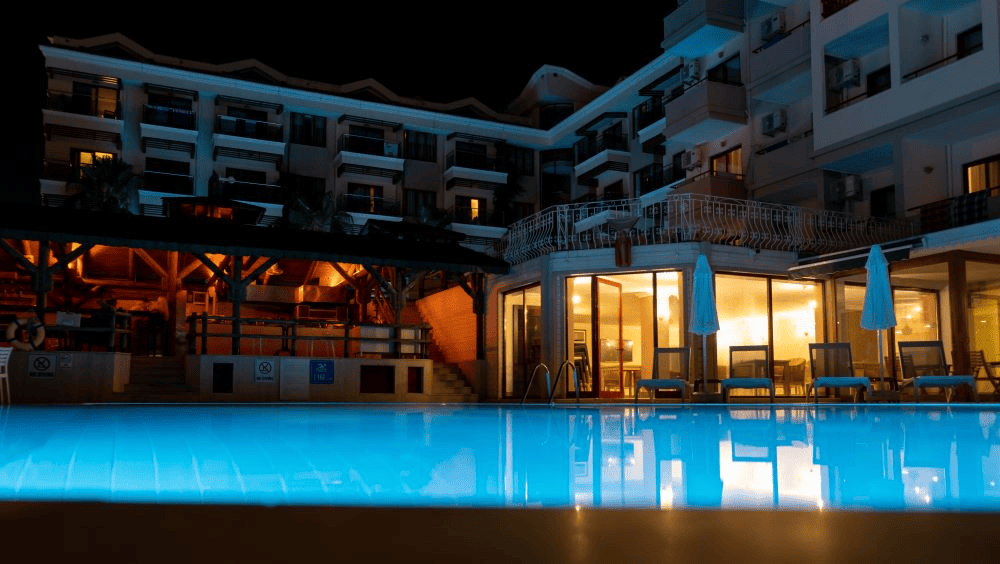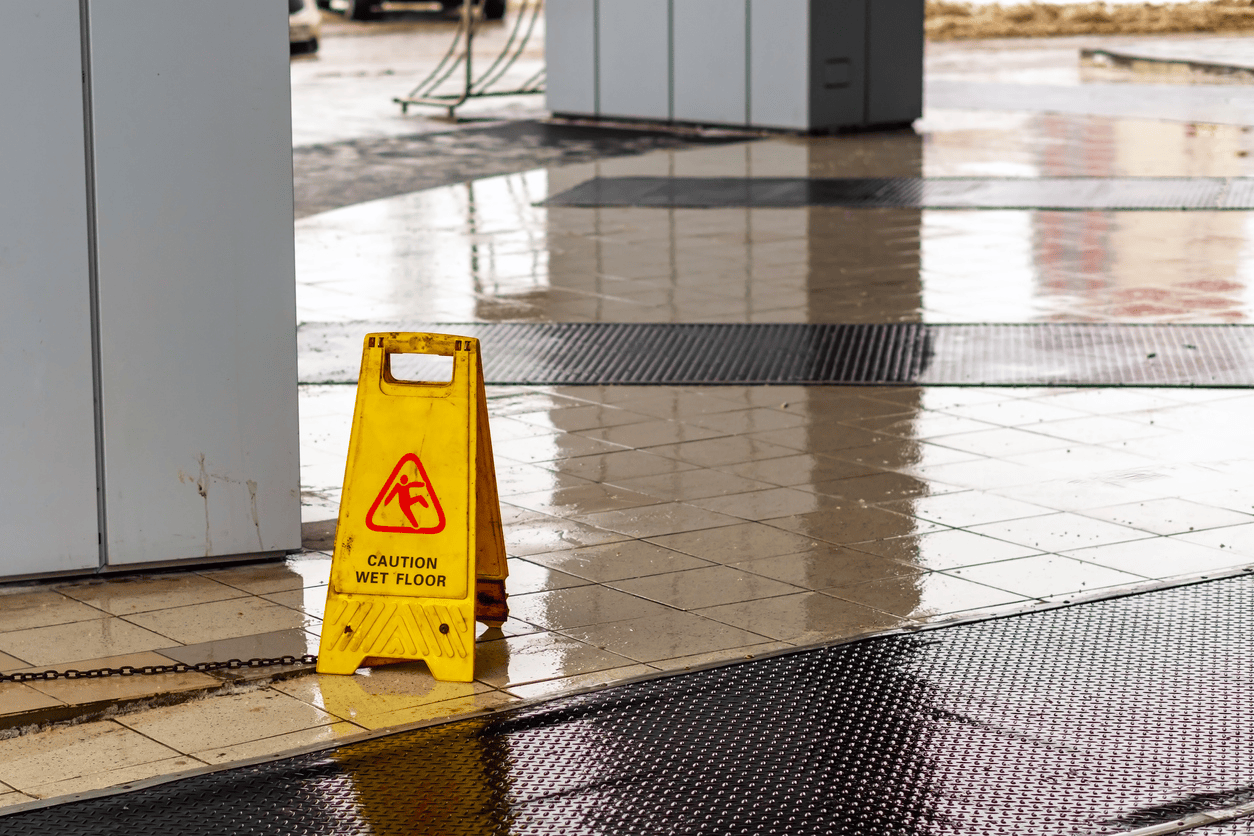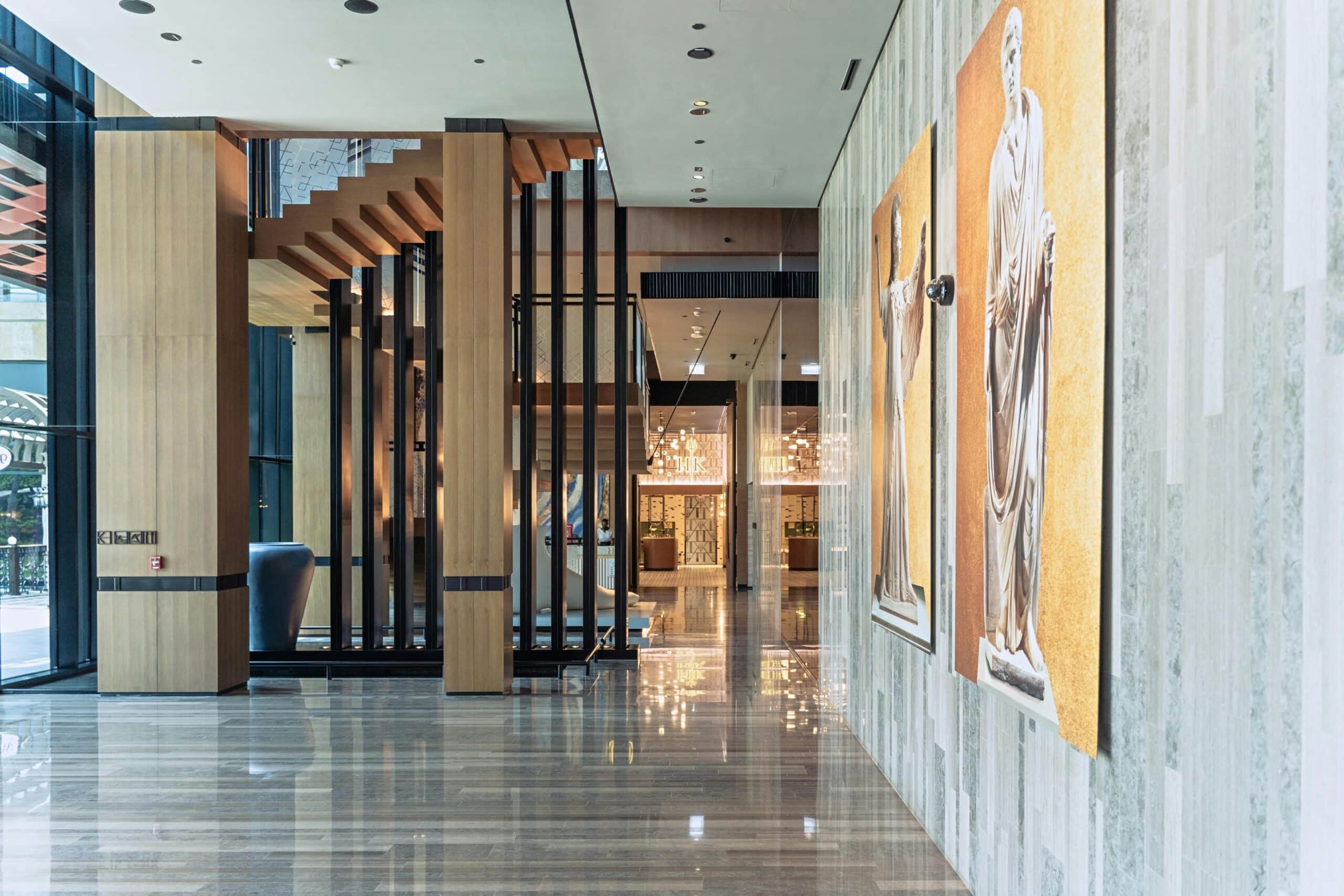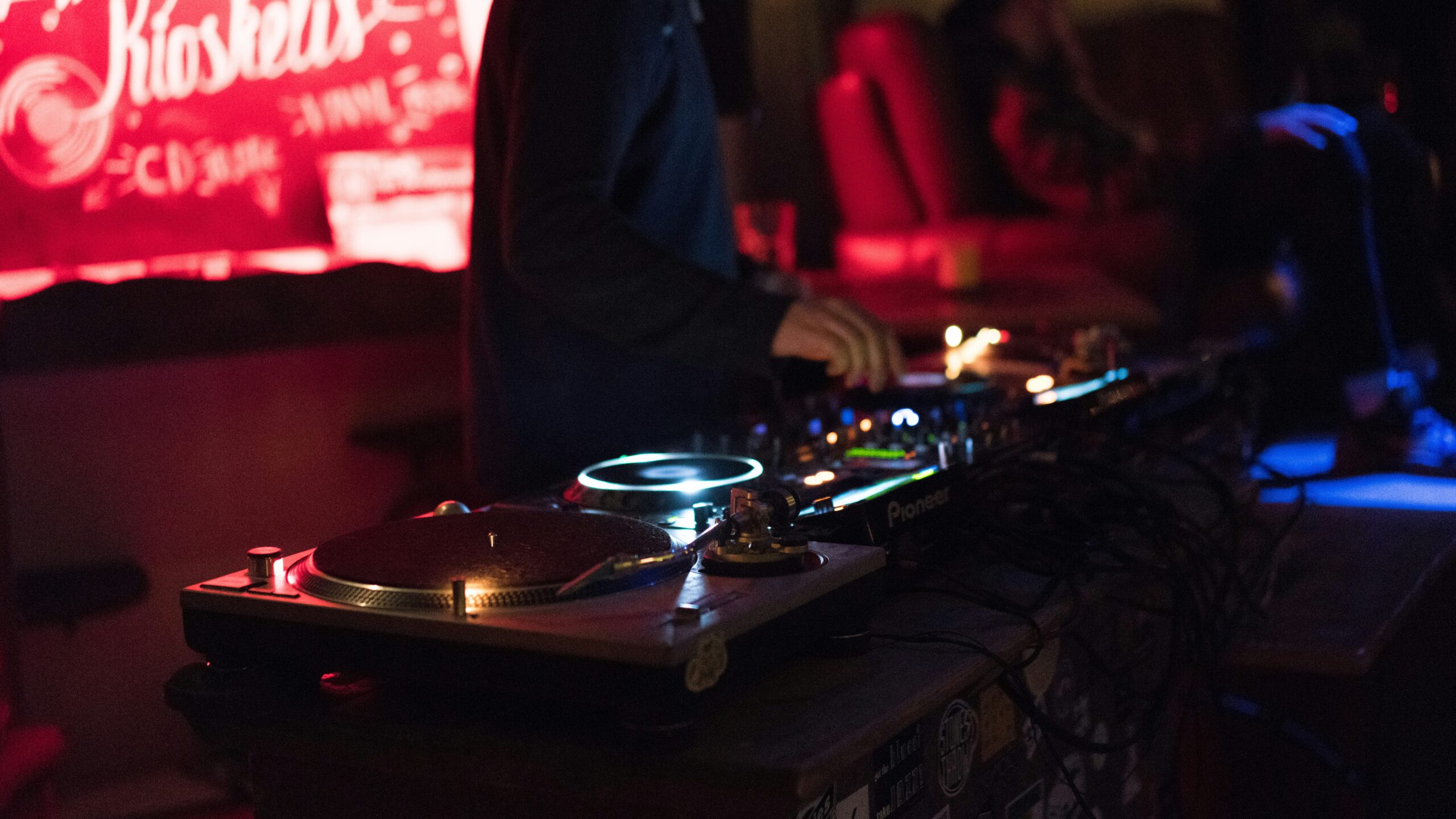
When you check into a hotel, you expect a safe environment where you can relax and enjoy your stay. Unfortunately, this is not always the case. Instances of negligent security at hotels can lead to serious injuries or even wrongful death.
If you or a loved one has been injured due to inadequate security measures at a hotel, you may wonder, “Can I sue a hotel for negligent security?” The answer often depends on the specific circumstances surrounding your case.
This article will guide you through what negligent security is, the elements needed to establish a claim, and the steps you should take if you believe you have a case.
What is Negligent Security?
Negligent security is a type of premises liability claim. It occurs when a property owner or operator fails to provide adequate security measures to protect patrons, resulting in harm.
In the context of a hotel, negligent security can encompass a range of security failures, such as inadequate lighting, lack of surveillance cameras, or insufficient security personnel.

The Elements of Negligent Security
To successfully sue a hotel for negligent security, you must prove the following elements:
- Duty of Care:
The hotel had a legal duty to provide reasonable security measures to ensure the safety of its guests.
- Breach of Duty:
The hotel failed to meet this duty by not implementing adequate security measures.
- Causation:
The breach of duty directly caused your injury.
- Damages:
You suffered actual harm or losses, such as medical bills, lost wages, or emotional distress, as a result of the hotel’s negligence.
Examples of Negligent Security at a Hotel
Negligent security cases at hotels can take many forms. Here are some common examples:
- Inadequate Lighting:
Poorly lit parking lots or hallways can increase the risk of assaults or theft.
- Lack of Surveillance Cameras:
Without security cameras, criminal activity may go unnoticed or unrecorded, making it harder to identify and prosecute offenders.
- Insufficient Security Personnel:
A lack of trained security guard can leave guests vulnerable to attacks or theft.
- Inadequate Locks or Security Systems:
Faulty or insufficient locks on guest rooms and common areas can allow unauthorized access.
- Failure to Address Known Risks:
If a hotel fails to address known criminal activity or dangerous conditions on the premises, it may be held liable for resulting injuries.

What to Do If You Were Injured
If you were injured due to negligent security at a hotel, take the following steps to protect your rights:
- Seek Medical Attention: Your health and safety are paramount. Seek immediate medical treatment for your injuries and keep all medical records.
- Report the Incident: Notify hotel management of the incident and ensure it is documented. Obtain a copy of the report.
- Gather Evidence: Collect evidence such as photographs of the scene, witness statements, and any relevant surveillance camera footage.
- Consult a Negligent Security Lawyer: Speak with an experienced lawyer who can help you understand your legal options and build a strong case.
Who is Liable?
Liability for negligent security can fall on various parties, including:
- Hotel Owner: The owner of the property is primarily responsible for ensuring adequate security measures are in place.
- Management Company: If the hotel is managed by a third-party company, they might share liability.
- Security Company: If a security firm was hired and their security guards failed to provide adequate security personnel or training, they could be held liable.
When Multiple Victims are Involved
In cases involving multiple victims, each injured party may file a separate negligent security lawsuit, and the court will determine the appropriate compensation based on individual circumstances.

Can I Sue a Hotel for Negligent Security?
Yes, you can sue a hotel for negligent security if you can demonstrate that the hotel’s failure to provide reasonable security measures resulted in your injuries. The key is to establish that the hotel knew or should have known about the potential for criminal activity or dangerous conditions and failed to take appropriate action.
When Can I Sue a Hotel for Negligent Security?
You can sue a hotel for negligent security when:
- A Violent Crime Occurred: Incidents such as assaults, robberies, or sexual assaults that occurred due to inadequate security measures.
- A Dangerous Condition Was Present: Unsafe conditions, such as broken locks or poor lighting, that the hotel failed to address.
- The Hotel Failed to Act on Known Risks: The hotel was aware of prior criminal activity or risks but did not take steps to mitigate them.

How Can I Sue a Hotel for Negligent Security?
To sue a hotel for negligent security, follow these steps:
- Consult with a Lawyer: Contact a negligent security lawyer who specializes in premises liability cases. They can provide a free consultation to assess your case.
- Gather Evidence: Collect all relevant evidence, including medical records, incident reports, and witness statements.
- File a Complaint: Your lawyer will file a complaint in the appropriate court, outlining your allegations and the damages you seek.
- Discovery Phase: Both parties will exchange evidence and information to build their cases.
- Settlement Negotiations or Trial: Your lawyer will attempt to negotiate a fair settlement. If an agreement cannot be reached, your case may go to trial.
How Do I Prove There Was Negligent Security?
To prove negligent security, you must demonstrate that:
- The hotel had a duty to provide adequate security.
- The hotel breached this duty by failing to implement reasonable security measures.
- The breach directly caused your injury.
- You suffered damages as a result.
Foreseeability Determines What Security Measures Are Adequate
In negligent security cases, foreseeability plays a crucial role in determining what security measures are adequate. If a hotel is located in a high-crime area or has a history of criminal activity, it should implement more stringent security measures. This can include hiring additional security personnel, installing security cameras, and ensuring proper lighting.
Compensation for Negligent Security Injuries
Victims of negligent security may seek compensation for various damages, including:
- Medical Bills: Coverage for medical expenses related to your injuries.
- Lost Wages: Compensation for lost income due to your inability to work.
- Pain and Suffering: Damages for physical pain and emotional distress.
- Property Damages: Reimbursement for any personal property lost or damaged during the incident.
- Non-Economic Damages: Compensation for intangible losses, such as loss of enjoyment of life.
- Wrongful Death: In cases where a loved one has died due to negligent security, surviving family members may seek compensation for funeral expenses, loss of companionship, and more.

How an Attorney Can Help You in a Negligent Security Case
Dealing with a negligent security case can be complex and challenging. If you’ve been injured due to inadequate security at a hotel, enlisting the help of an experienced attorney can significantly improve your chances of obtaining fair compensation. Here’s how an attorney can assist you in a negligent security case:
- Case Evaluation and Legal Advice: An attorney can assess the merits of your case, explaining the legal framework of negligent security claims and advising whether you have a strong basis for a lawsuit.
- Gathering Evidence: They will help you collect vital evidence such as security camera footage, incident reports, witness statements, and medical records to build a solid case.
- Expert Testimony: Attorneys have access to experts who can testify about security standards, the foreseeability of the incident, and the adequacy of the hotel’s security measures, strengthening your claim.
- Filing Legal Documents: An attorney will handle all the necessary paperwork, ensuring that your complaint is filed correctly and within the statute of limitations.
- Negotiation Skills: They will negotiate with the hotel’s insurance company or legal representatives to seek fair negligent security settlements without going to trial.
- Representation in Court: If a settlement cannot be reached, your attorney will represent you in court, presenting your case effectively to a judge or jury.
- Legal Strategy: They will develop a legal strategy tailored to the specifics of your case, focusing on proving the hotel’s negligence and the connection to your injuries.
- Maximizing Compensation: An attorney will aim to maximize your compensation, covering medical bills, lost wages, pain and suffering, and other damages.
- Handling Complexities: Navigating a negligent security lawsuit involves complex legal procedures, which an experienced attorney can manage efficiently on your behalf.

Secure Your Rights with BLG
Negligent security at hotels is a serious issue that can lead to devastating consequences for victims. If you have been injured due to a hotel’s failure to provide adequate security, you may have the right to seek compensation. Understanding the elements of negligent security, the process of filing negligent security lawsuits, and the types of compensation available can help you navigate this challenging situation. Consulting with an experienced negligent security lawyer can ensure you receive the legal help you need to protect your rights and secure the compensation you deserve. Whether you’re dealing with injuries sustained in a Las Vegas hotel or elsewhere, taking prompt legal action is essential to achieving a favorable outcome in your case.
If you or a loved one has been injured due to negligent security at a hotel, don’t wait to seek the justice and compensation you deserve. At BLG, our practiced attorneys specialized in holding property owners accountable for their failure to provide a safe environment.
Contact us today for a free consultation and let our experienced team guide you. We will help you through every step.
FAQs
What are the liabilities of a hotel owner?
A hotel owner is liable for providing a safe environment for guests and employees, ensuring the property is well-maintained, and adhering to health and safety regulations. This includes liability for personal injuries, theft, or damages that occur on the premises due to hotel negligence.
How a hotel may be held liable for the acts of its employees?
A hotel can be held liable for the acts of its employees under the legal doctrine of “respondeat superior,”. This means “let the master answer.” This doctrine holds employers responsible for actions their employees make if performed within the scope of employment. This includes acts of negligence, misconduct, or any actions that cause harm to guests.
Is a hotel safe liable?
A hotel may be liable for the contents of a guest’s safe if it is advertised as secure. This makes the the guest places valuables in it under that assurance. However, liability may be limited by state or local laws, or by disclaimers. Some jurisdictions have statutes that cap the liability amount. However, it might not apply unless the guest declares and insures a higher value of the stored items.





